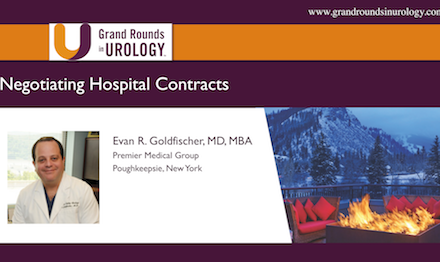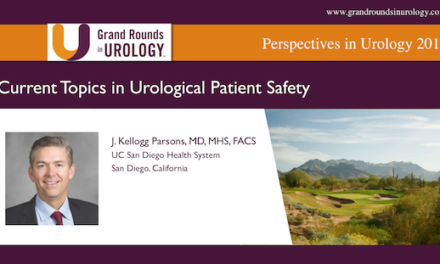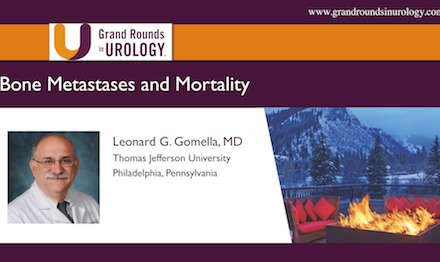Peter Schulam MD, PhD, presented “Technology and its Impact on Patient Care” during the Jackson Hole Seminars on February 7, 2018 in Jackson Hole, Wyoming.
How to cite: Schulam, Peter. “Technology and its Impact on Patient Care” February 7, 2018. Accessed Jan 2025. https://dev.grandroundsinurology.com/Technology-and-its-Impact-on-Patient-Care/
Technology and its Impact on Patient Care Summary:
Peter Schulam, MD, PhD, argues that adopting robotic assisted surgery into urological practices can reduce medical errors and surgeon performance variability. Furthermore, he explains the need for larger and more structured medical data sets. This will enable machine learning when specifically developing artificial intelligence (AI) to enhance prognostic and diagnostic accuracy, cancer mortality prediction, and interpretation of digitized images.
ABOUT THE AUTHOR
Dr. Peter G. Schulam is Professor and Chair of the Department of Urology at Yale School of Medicine. He also serves as Chief of Urology at Yale New Haven Hospital and Chief Innovation and Transformation Officer of the Yale New Haven Health System. He is Faculty Director of the Tsai Center for Innovative Thinking at Yale, and Co-Founder of the Center for Biomedical Innovation and Technology.
Dr. Schulam graduated from the Medical Scientist Training Program at Baylor College of Medicine with an MD and a PhD in Immunology and completed his surgical and urologic training at Johns Hopkins Hospital in Baltimore, Maryland. Following a brief period at Baylor in Houston, he was recruited as the Chief of Minimally Invasive Surgery in the Department of Urology at UCLA. At UCLA, he developed laparoscopic and robotic surgery programs for prostate and kidney cancer. Dr. Schulam was also the Surgical Director of the Living Kidney Donor Program and performed over 1,200 laparoscopic living donor kidney procedures. At UCLA, he became the vice chair of the department and was actively involved in improving the patient experience throughout the hospital.
In January of 2012, he became the Chair of the Department of Urology at Yale. Dr. Schulam’s focus is to build a program that can offer every patient with any urologic condition state of the art diagnosis and treatment in an environment that is patient centered and is committed to listening and engaging the patient in their care.





